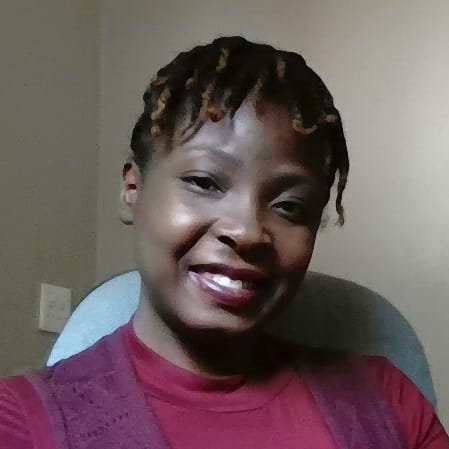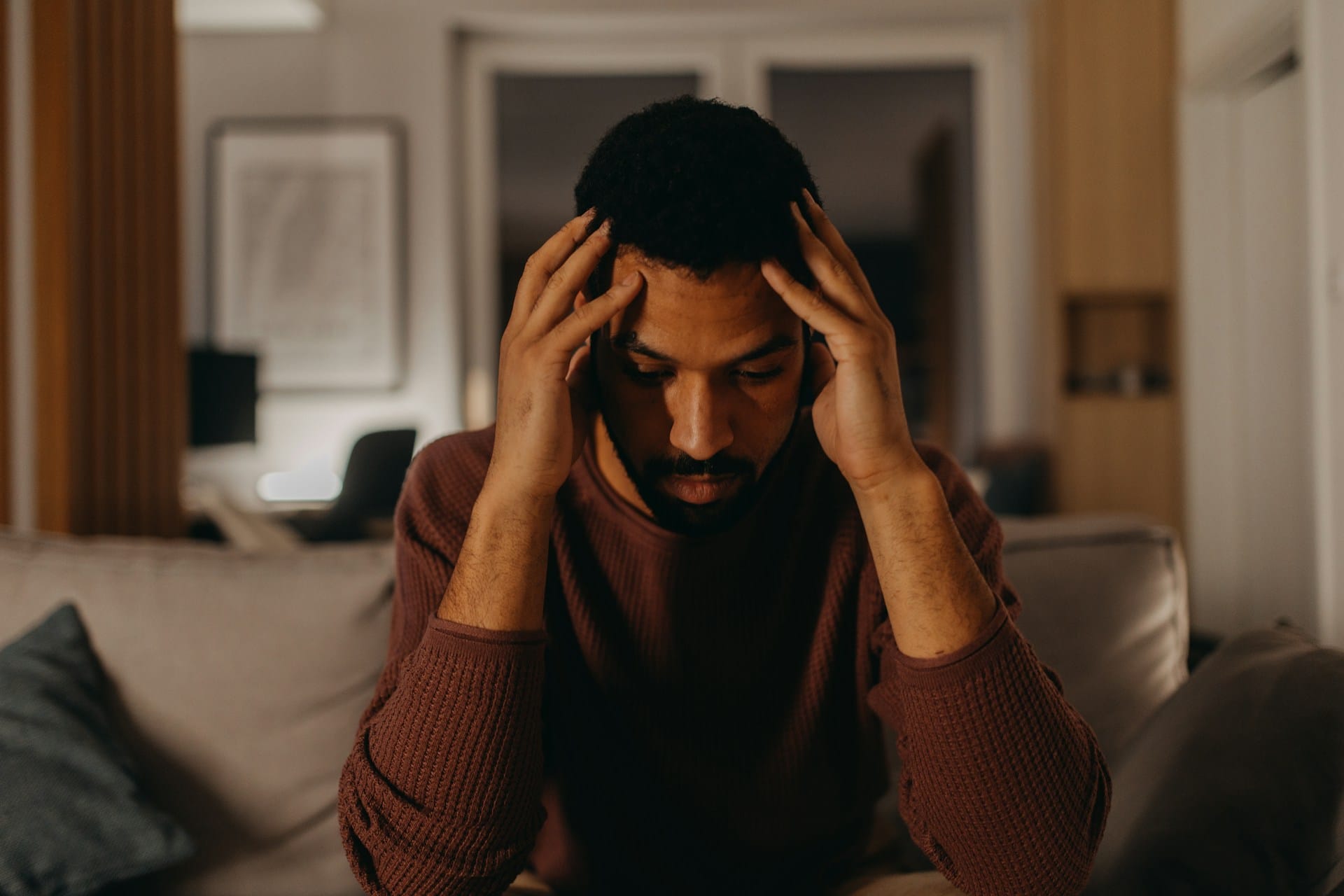Who is that one person who knows your deepest secrets, shares your laughter, and stands by you during tough times? Ten to one, this person will be a friend for most people. It’s no surprise, then, that the sudden absence of that friend can leave a huge hole in life and shake your emotional state and identity. It sets you up for what’s called disenfranchised grief, which is just as devastating as any other loss.
But because it’s “just a friend,” you might not get the same empathy or support as you would for other types of loss. In a society that sees the love between partners and families as number one, the deep bond of friendship may be considered an afterthought.
In truth though, the emotional void, the shared memories, and the sudden absence of a confidant can be just as heart-wrenching and impactful as the death of a family member or romantic partner. Disenfranchised grief over the demise of a friendship is real and valid. It’s so important to acknowledge and respect your feelings, even if others will not.
Why Society Ignores Disenfranchised Grief over Broken Friendships
Society too often belittles the importance of friendships and what they mean in our lives. The focus is mostly on romantic and familial relationships, which are upheld as a person’s primary source of emotional support and fulfillment. Therein lies perhaps a societal bias that grief from the loss of a friend is not substantial enough to be recognized alongside other losses.
The very fact that there are no social rituals or customs to mark the beginning or death of a friendship is one sign. When a romantic relationship ends, there may be a breakup talk; when a family member dies, there are funerals and memorials. But the end of a friendship often happens silently, without any public declaration, making it all the more difficult for people to come to terms with and seek support.
Isn’t it strange that we do not commemorate friendships officially, yet they are supposed to be built on these deep emotional connections, shared experiences, and mutual support? Friends are there to confide in, to keep company with, and to comfort through the hard times.
Suddenly losing this pillar of support brings a feeling of isolation, disorientation, and heartache. The pain of losing a friend can be just as intense as that of a romantic breakup with as much as emotional investment put into it.
 In some cases, the end of a friendship can be even more painful than a romantic breakup because there is often less societal recognition and support. People may not understand the depth of your grief, leading to a sense of isolation and invalidation.
In some cases, the end of a friendship can be even more painful than a romantic breakup because there is often less societal recognition and support. People may not understand the depth of your grief, leading to a sense of isolation and invalidation.
This grief from the loss of a friendship can manifest both emotionally and physically in a variety of ways.
Everyday Signs That Show You’re Grieving A Friendship
- You could feel unusually sad, angry, confused, frustrated, and all those emotions associated with grief while mourning the loss of a friendship.
- You may feel like withdrawing from social activities and other friendships; you just don’t feel like connecting with anyone.
- An inability to fall asleep or stay asleep, or experiencing dreams that are vividly real about the lost friend may be symptoms of grief.
- Grief can affect your eating habits, where a person may lose their appetite or overeat.
- Difficulty concentrating, inability to focus on tasks, and mental fogginess may also result from emotional stress after the loss of a friend.
- When you find that you’re always thinking of the happy moments with the lost friend and yearning for the friend’s presence.
It is difficult and it takes time, sometimes years, to heal after losing a friend.
Coping with the Grief of Lost Friendships
Acknowledge your feelings Your feelings are valid, even when others do not understand them. Give yourself permission to feel these emotions and process this loss in your own time.
Create your own goodbye rituals Find ways to commemorate the friendship and say goodbye in some way, such as writing a letter to your friend, even if you don’t send it, or making a scrapbook of memories.
Practice self-care Do more things that help you feel good and help take your mind off what you used to do together, like cycling, exploring other eating or hangout places, and learning how to relax on your own.
Focus on personal growth Forgive yourself for any past wrongs, reflect on what you learned from the friendship, and use it to your advantage to grow from this experience.
Strengthen your other connections Keep in contact with your other friends and make new friends with more wisdom learned from your lost one. A supportive network of friends will help chase away some of those lonely feelings.
Ask for help Reach out for support, be it from other friends, family members, or other grief support groups. Professional counseling also helps. Hiding your emotions or suppressing them will not help you move on and heal. You have to accept the presence of disenfranchised grief and try to do something about it by seeking help where necessary.
Finding the hope and help you need
Disenfranchised grief can be dangerous because it is hardly ever recognized and therefore ignored. It is this lack of recognition and support that then leaves people drowning in isolation, sadness, and emotional distress. Not being able to manage this enormous grief could also be self-destructive and lead to clinical depression and anxiety disorders.
If the pain of a lost friendship is weighing heavily on you, please know you are not alone. Remember, all grief is valid, and your feelings need to be recognized and cared for. Consider reaching out to a professional counselor or therapist who can help process your feelings and give you ways to heal. Give us a call today; we can help.
“Forest”, Courtesy of Kateryna Hliznitsova, Unsplash.com, Unsplash+ License
- Grace Mavindidze: Author
Grace Mavindidze is an experienced Journalist of close to two decades and a certified SEO specialist writer who enjoys traveling, meeting people from a broad cultural spectrum, as well as engaging people in topics that are informative, entertaining,...
DISCLAIMER: THIS ARTICLE DOES NOT PROVIDE MEDICAL ADVICE
Articles are intended for informational purposes only and do not constitute medical advice; the content is not intended to be a substitute for professional medical advice, diagnosis, or treatment. All opinions expressed by authors and quoted sources are their own and do not necessarily reflect the opinions of the editors, publishers or editorial boards of Stone Oak Christian Counseling. This website does not recommend or endorse any specific tests, physicians, products, procedures, opinions, or other information that may be mentioned on the Site. Reliance on any information provided by this website is solely at your own risk.





